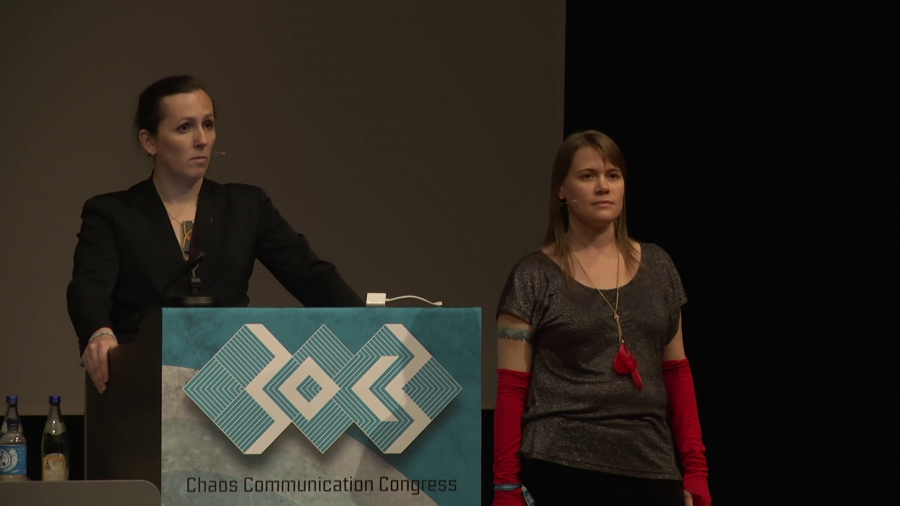There are biologists who’ve spent their careers working on some species of beetle in the tropical rainforest, and they just love the rainforest in their bones And they feel that when they go testify in Congress to some committee, that they can’t just say, “I love it in my bones and you guys will love it too, if you share it with me.” They have to say, “Oh, we’ve done all this math and computed that there’s an ecosystem service here.” And I think that that has really impoverished our debate about environmental issues.
Archive
You’re dealing with timescales that are beyond humans’ interest. I mean, it’s sorta like global warming. The heat that we have now built up, that carbon was burned thirty years ago. It’s going to take a while for the correction process. So, if you have the elements of the phosphorus, the potassium, the manganese, and so on, it can be built back pretty fast. But a shorthand way of putting it is that soil is as much of a non-renewable resource as oil. And, more important than oil. I mean, we’re talking about stuff we’re made of. So that’s why I’ve said that the plowshare has destroyed more options for future generations than the sword.

Geek culture and hacker culture used to be relatively apolitical, but now every action that you take and every piece of code that you write has political effects. You may may intend some of these effects, you may not intend most of these effects, but they’re there and we need to start thinking about and understanding these changes.
